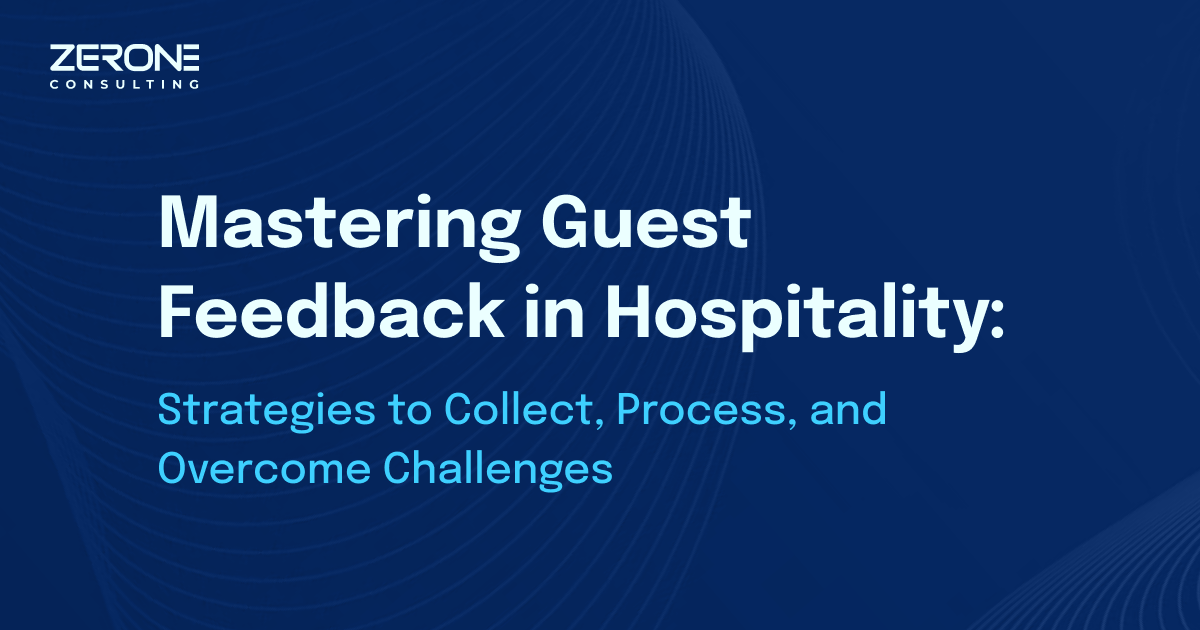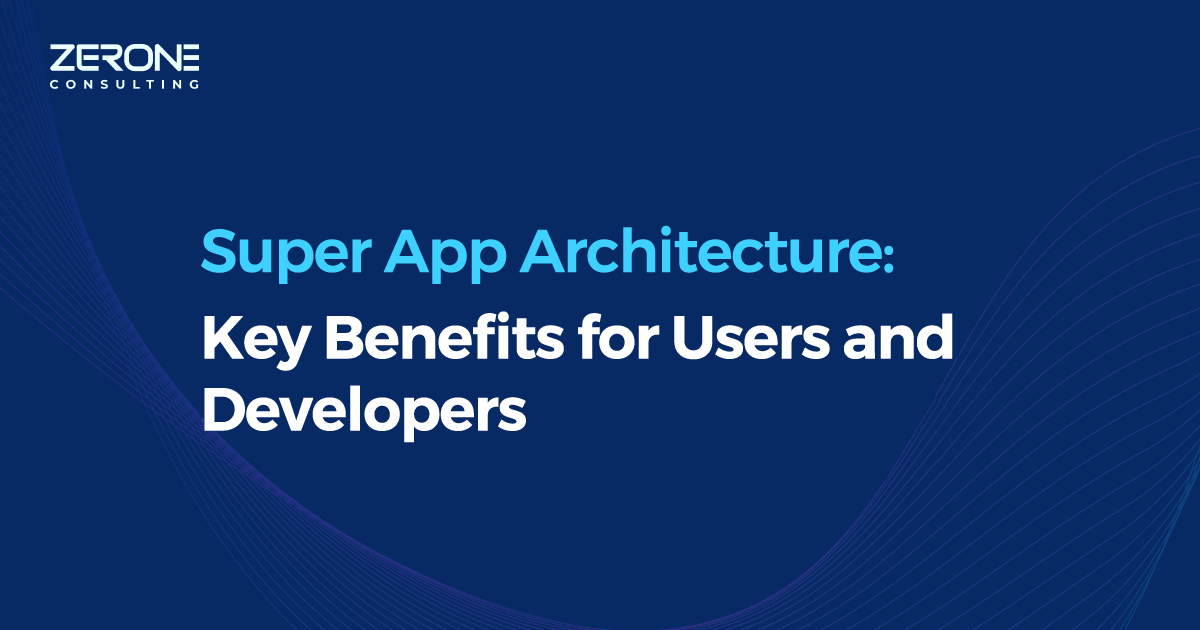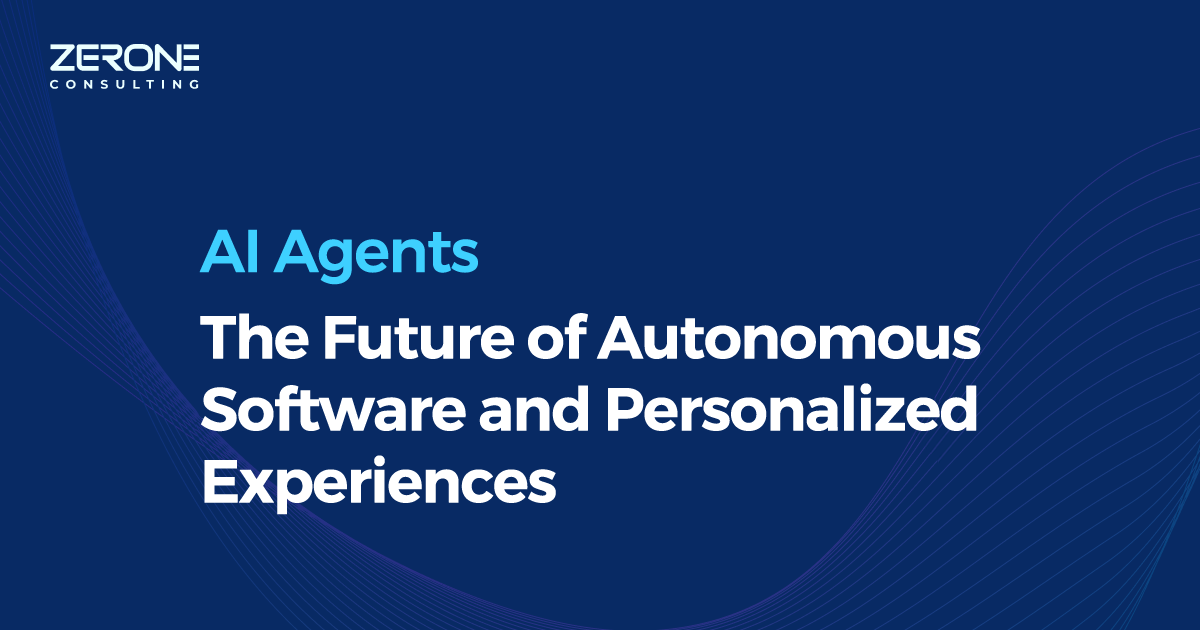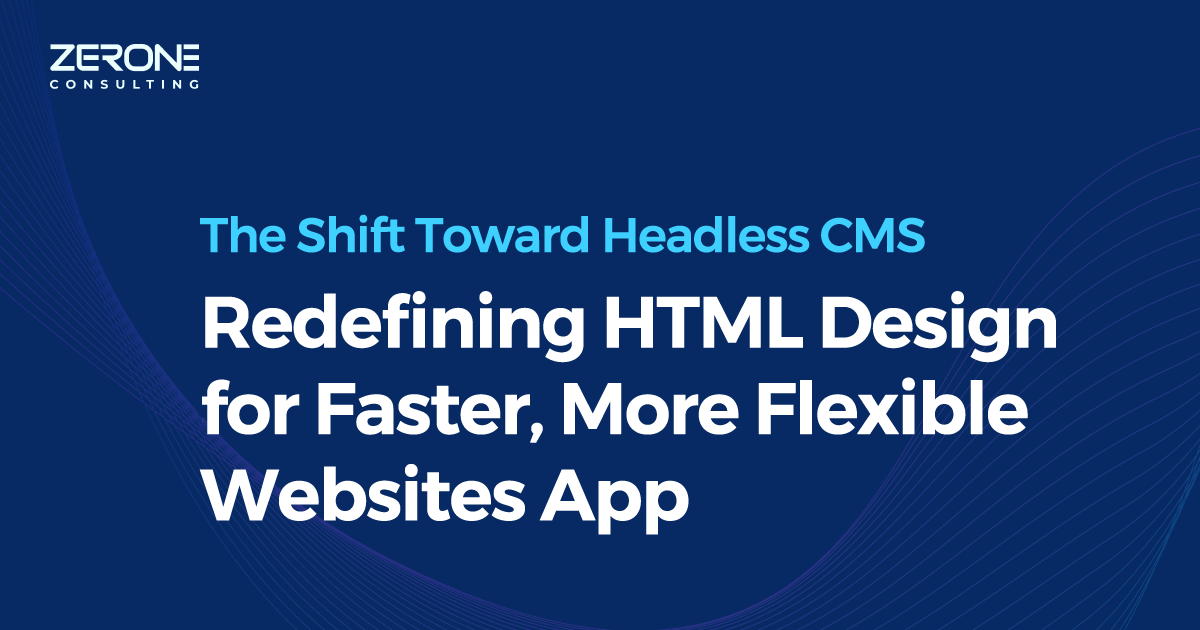Mastering Guest Feedback in Hospitality: Strategies to Collect, Process, and Overcome Challenges
In the hospitality industry, guest feedback and reviews are incredibly valuable. They don’t just tell a story about a single guest's experience; they provide insights into the quality of services, customer satisfaction levels, and areas for improvement. With online reviews and social media influencing potential customers' decisions, a single negative review or a lack of feedback can significantly impact an establishment’s reputation. For hospitality businesses to thrive, gathering, analysing, and managing feedback has become essential.

Collecting Reviews from Multiple Sources
Today, reviews are scattered across a range of platforms—Google, TripAdvisor, Yelp, Facebook, Instagram, and many other online sources. Monitoring and consolidating data from each of these platforms manually is time-consuming, labour-intensive, and prone to errors. As more platforms emerge, and as users actively engage on social media, maintaining a centralized feedback collection process becomes even more challenging. This is where technology solutions like web scraping and data extraction come in.
Web Scraping for Reviews: Challenges and Limitations
Web scraping is one of the key methods used to gather reviews from various online portals automatically. However, this process is not without its own set of challenges. Here’s a closer look at some of the primary obstacles faced when using web scraping for review collection:
1. Frequent Website Design Changes
Websites often update their layouts, modify HTML structures, or alter user flow, making it difficult for scraping scripts to keep up. Scraping tools need to be frequently updated to adapt to these changes, which can be resource intensive.
2. Poor Site Response and Latency Issues
Some sites may respond slowly, especially when overloaded with requests. Slow response times can lead to scraping timeouts, failed data retrieval, or the need for reattempts, causing delays in data collection.
3. Duplicate Reviews
Duplicates occur when the same review is collected multiple times due to inefficiencies in the scraping logic. This clutter in the dataset not only misleads analysis but also requires additional cleanup efforts.
4. Bot and CAPTCHA Blocks
Many sites implement anti-bot mechanisms, such as CAPTCHA, to prevent automated access. Overcoming these defences requires CAPTCHA-solving services, headless browsers, or machine learning techniques—each adding complexity and cost to the scraping process.
5. Re-running Due to Page Errors
If scraping fails at a particular page, the entire process might need to be rerun, wasting valuable time and resources. This becomes especially problematic when scraping large datasets across numerous pages.
6. Proxy-Related Issues
Proxies are essential for web scraping at scale, as they prevent IP bans. However, managing proxy rotations and avoiding detection can be challenging. Slow or blocked proxies can lead to incomplete or failed data collection.
Solutions to Improve the Web Scraping Process for Review Collection
Addressing these challenges requires a robust backend architecture and a well-thought-out strategy. Here’s how hospitality businesses and data engineers can optimize their data extraction process:
1. Scalable Backend Architecture
Design an architecture with multiple layers that can adapt to changes in website design. Implementing modular code allows for quick adjustments when website layouts change, minimizing downtime and the need for extensive rework.
2. Batch Processing for Resilience
Breaking down the scraping tasks into smaller batches enables data collection in parallel across multiple instances. This distributed approach reduces the risk of total process failure if an issue arises on a single page, as only a specific batch needs to be rerun, not the entire process.
3. Proxy Rotation and Request Delays
Using proxy rotation services can help bypass site blocks while minimizing detection risks. Adding random delays between requests also prevents patterns that trigger bot defences, enhancing the longevity of the scraping efforts.
4. Automated Monitoring and Alerting System
Building a monitoring system that tracks scraping activity batchwise and alerts the team in real time when abnormalities are detected is crucial. By implementing machine learning, patterns can be established to detect deviations early. For example, if a site’s layout changes or if certain pages become inaccessible, the system can trigger alerts, allowing support teams to respond swiftly.
5. Duplication Control
Implement checks and filters to prevent duplicate reviews from entering the dataset. This step ensures data quality, prevents unnecessary storage use, and eliminates redundancies before they complicate analysis.
6. Error Logging and Reattempt Logic
Incorporate error handling that logs failed attempts, identifies reasons for failure, and initiates reattempts only for those pages rather than restarting the entire process. This incremental approach saves time and preserves resources.
Monitoring, Controlling, and Enhancing the Feedback Collection Process
As data accumulates, hospitality businesses can establish a baseline of normal scraping behaviour through machine learning models. Once typical patterns and behaviours are mapped, any unexpected changes or disruptions can be detected in real time. This continuous monitoring system ensures data quality and allows timely intervention when issues arise, making it possible for the data team to resolve issues quickly and prevent significant disruptions.
Conclusion
Feedback is a powerful tool in the hospitality sector, and effectively collecting and managing it across online platforms can significantly impact a business’s success. By overcoming the technical challenges of web scraping with a thoughtful, resilient backend infrastructure, companies can collect reviews with minimal disruptions, gaining valuable insights to enhance customer experience and brand reputation.
We can help!




